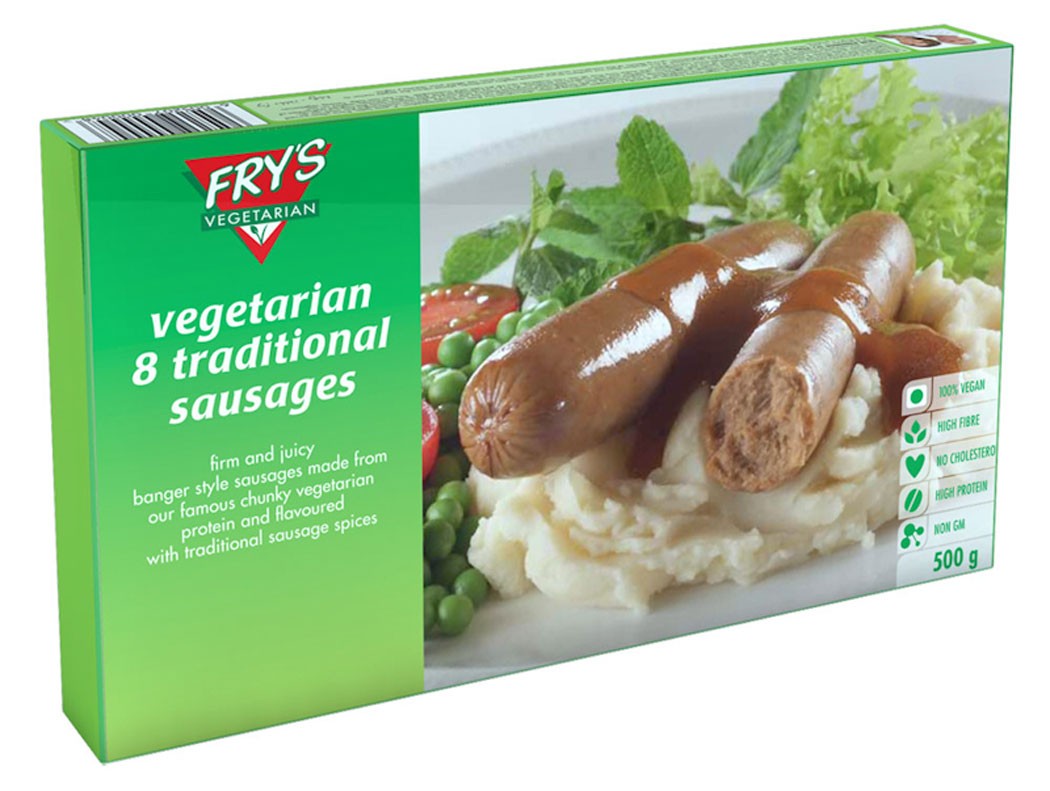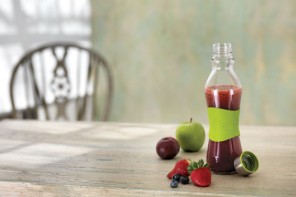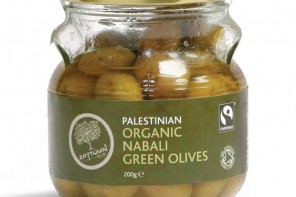Fry’s Original Hot Dogs was TOPIC’s top nominated product by consumers in early March. The product claims on the box that it is “a non GM product” and the team went to work uncovering the facts.
In line with TOPIC’s policy of engagement, we contacted the family-owned vegetarian food company that is based in KwaZulu-Natal. It was established that they routinely test their products for traces of genetically modified organisms (GMO) with the well-known GMO Testing Facility at the University of the Free State (UFS). Fry’s promised to send us their next test results once they were received.
Two weeks later, as promised, we received the Certificate of Analysis from the GMO Testing Facility which conducted a GMO double screen for 35S (cauliflower mosaic virus) and NOS (Agrobacterium tumefaciens) in the soy product. The sample contained less than 0,41% of transgenic 35S promoter DNA in relation to total soy DNA.
Fry’s Quality Manager, Cornell van Staden, commented: “Please note that the Hotdogs had a reading of 0.41% which is less than the requirement of 0.9% which is therefore within specification.”
The company exports worldwide and is therefore holding themselves to the most stringent European Union (EU) standards for GM labelling, less than 0.9%. This threshold is set due to the sometimes unavoidable small amount of mixing that can occur during the production, transportation, and processing of agricultural products. South African law is much less strict and allows a product to have up to 5% GM ingredients before being labelled as such.
However happy we were with how forthcoming Fry’s had been in engaging with us, we could not completely accept the test results as the samples were not randomly selected but sent in by Fry’s themselves. GM testing is expensive and TOPIC lacked the funding to test the product ourselves, so we approached Fry’s and asked if they would be willing to pay for a test where TOPIC sends in a randomly-sourced sample and they accepted.
TOPIC sent a sample to UFS in August and this time 35S and NOS were not detected and the product was therefore in compliance with GMO legislation.
When asked why being GMO-free is important to Fry’s, van Staden replied, “As a family of vegetarians in a family run business we are still intricately involved in the product development at Fry’s Foods. We’ve made our business choices both from an ethical and a health standpoint and so it was a natural decision to ensure that all the ingredients in our products were GMO free.
“We only purchase our soy from farmers in countries which have GMO-free crops. We work with farmers and the supply chain to ensure all crops are identity preserved from farm to our factory so that no cross-contamination occurs. Validation and test reports are required for each batch being produced for Fry’s, a second test is then done by the University of Free State which we do independently to validate the status of the soy. This is done all at an additional expense to Fry’s,” van Staden said.
TOPIC spokesperson Peter Becker said, “While conducting our investigations we have had a wide variety of responses from suppliers. Fry’s have stood out for their rapid and friendly responses to our queries, and their commitment to transparency. By allowing us to select the samples and send them directly to the laboratory, as well as sharing the test results, they have shown their determination to ensure that consumers get a non GMO product as the label claims.”
Working with retailers who have committed to transparency, TOPIC is supported by online organic shop Faithful to Nature, health and wellness retailer Wellness Warehouse, Cape Town fresh produce retailers Organic Zone and Garden Route Goodies, Johannesburg-based retailers, Bryanston Organic & Natural Market and Jackson’s Real Food Market, as well as urban agriculture voluntary association Abalimi-Harvest of Hope and The Farm and Garden National Trust.
Asked to comment, Glenda Moore from the Bryanston Organic & Natural Market said, “We support the precautionary principle in relation to GMO’s (the process of forcing genes from one species into another entirely unrelated species where it does not occur in nature), which states that until comprehensive tests are done on the effects of GMO’s on not only human and animal health but also on the effect of the environment, they should not be permitted.
“As a small business with limited resources, Bryanston Organic & Natural Market welcomes the work done by TOPIC on behalf of the organic sector in South Africa in ensuring that the products offered by the sector to consumers are honest and carry integrity and transparency,” she said.
Concluding the comments from Fry’s, van Staden said: “It is important to have consumer-led organisations to validate the claims made by companies because there are a large number of manufacturers who make falsified claims about the nature of their products. Consumer-led organisations are far quicker and better equipped to investigate such claims when compared to governmental organisations, who are often backlogged with workload.”
TOPIC is committed to working with consumers, producers and retailers towards accurate labelling and ensuring that consumers can trust what they read on a label. With several successful investigations conducted so far, including Wakaberry and Le Chocolatier, TOPIC is still currently investigating Woolworth’s organic milk claims and the sugar and gluten-free claims of the Cape Town-based company Freedom Bakery. Consumers are encouraged to nominate products for testing via Facebook, twitter or anonymously via their website.
As an organisation that relies on donations, consumers are also encouraged to contribute towards laboratory testing of products. Bank details are on the website.











